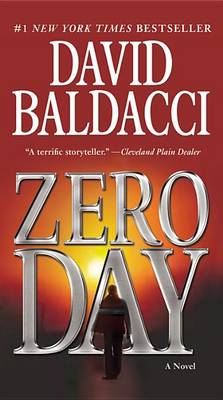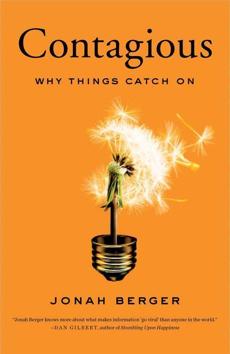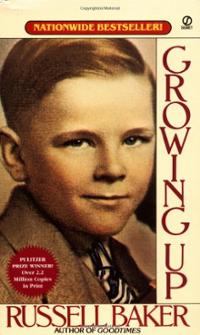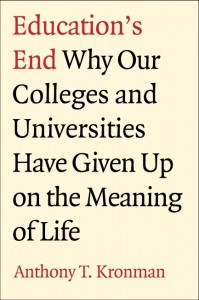There was a remarkable photograph in the papers on Thursday, taken as Egyptian troops were leveling the encampment of Muslim Brotherhood supporters in Cairo. It depicted a solitary woman standing between a military bulldozer and a wounded man on the ground.
We’ve seen this all before, but it never gets old.
There was a similar confrontation in Tiananmen Square in 1989, with a lone protester blocking a column of Chinese tanks. That picture still speaks to the courage of saying: “Stop.” “No, you cannot do this any longer”—even when no one else is standing with you.
On its anniversary this year, China’s leaders continue to suppress any discussion of the uprising of the human spirit that took place 24 years ago. It is a continuing exercise in “thought control” aimed at ensuring that those who were alive then start to forget, and those who came after never manage to find out. But some of the power in pictures like this is that they won’t go away, and in their permanence will always call to those who can recognize a part of themselves there.

Indeed, I think we linger over images of solitary personal courage because we hope that someday we’ll be up to doing the same. We keep looking because the individuals depicted are standing in for the best part of each of us too. We wonder:
Will I have the courage to seek out the circumstances,
and when those circumstances require it, stand up for what I believe in,
even when there’s no one else is around?
The “thousand words” in these pictures speak about a life force that won’t be pushed down any longer. It caused a woman in Cairo and a man in Beijing to leave the relative safety of their homes behind so they could speak their particular truths to power. It’s what many children do with far greater ease than us grown-ups: the ones who know what’s important to them and don’t fear the consequences of putting themselves on the line.
Maybe we have such children, were such children.
However what experience has taught us over the years is how to protect ourselves from risks & confrontation, to sidestep & keep our heads down. Our experience teaches us almost nothing about taking a stand for what’s essential in our lives and work.
That’s some of what these pictures do.
They help us find the power of a child, when playing an adult’s game.









